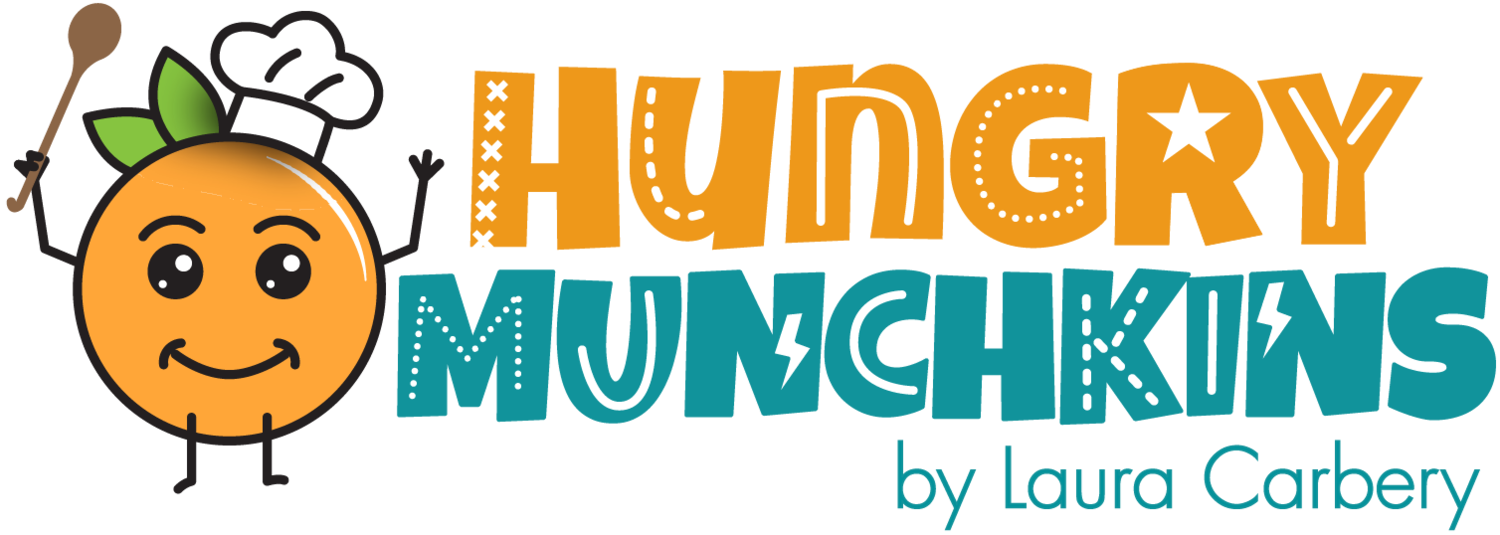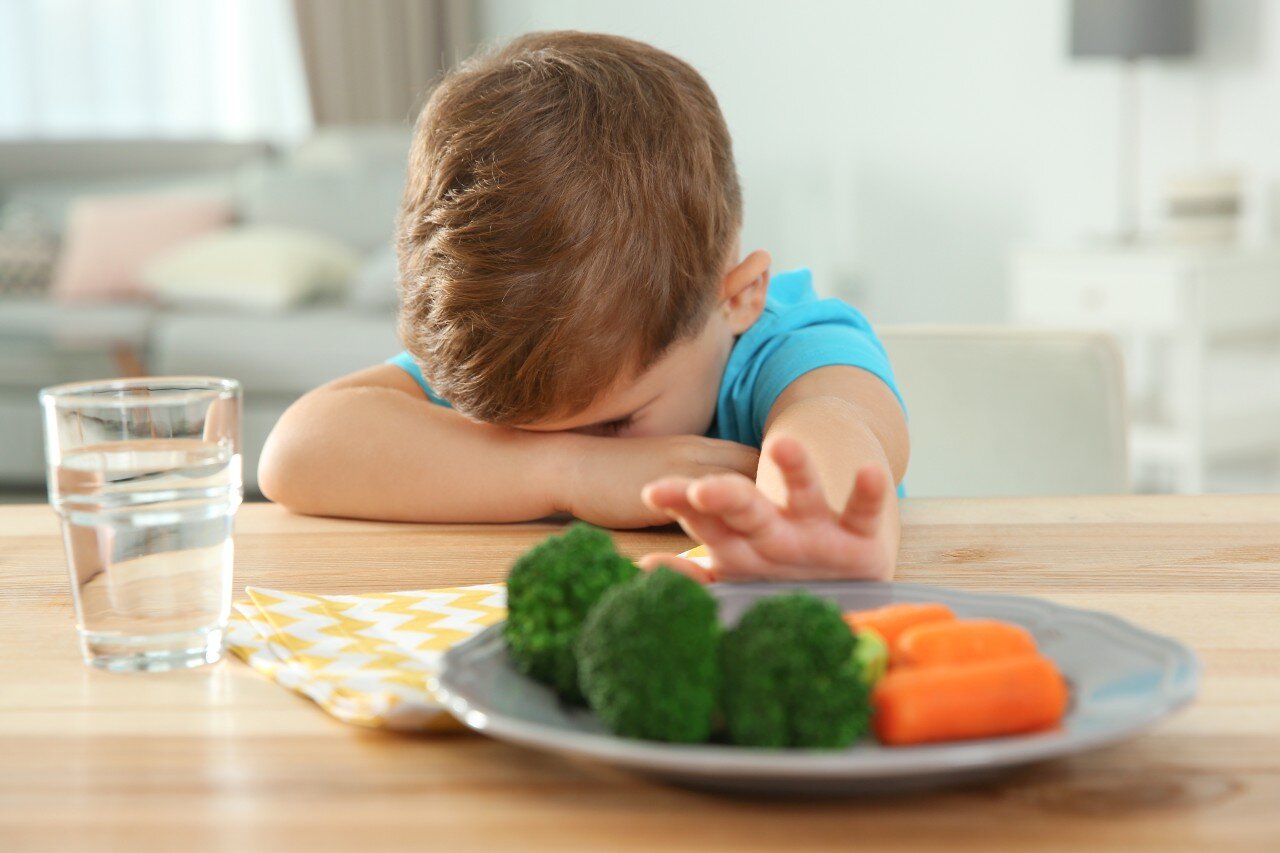What Causes Fussy Eating?
Causes of and Best Solutions for Fussy Eating
By Laura Carbery of Hungry Munchkins
2 Min Read
What can cause fussy eating?
Your baby/child may be:
• not hungry
• unwell or just recovering from a bug
• teething
• tired
• about to fill their nappy
• drinking too much milk or other drinks
• showing their independent streak!
• eating too many sugary snacks between meals
What can I do to encourage my child to eat well?
Research shows that if your child has been introduced to a wide range of foods early in the weaning stages they are more likely to accept them. A delay in offering a variety of textured, lumpy foods or chunks of food can contribute to fussy eating later in childhood.
Of course, your baby might not like every taste you present. It may take up to 15 times trying a new food, on separate occasions, until your little one decides if they like it or not. Don't force your child to eat and try again later. Try again with the same food, not an alternative as they will catch on very quickly! Have patience and be consistent with your approach.
Offer a wide variety of foods and include your child's favourite foods regularly
• Put small portions on a plate, as a large amount of food can be very off-putting
• Give your child enough time to eat.
• Offer your child a drink after their food not before so they don't fill up on liquids.
• If your child really doesn't want to eat their meal, don't force them to sit there with uneaten food for ages after others have finished. Set a time limit of 20-30 minutes for each meal. Praise your child when they do eat.
• Don't use food or sweets as rewards or punishments.
• Sit down as a family at mealtimes to eat. This will encourage your child to watch and learn from what you do.
• Involve your child in preparing and cooking the food by telling them what you are doing.
If your child still refuses to eat, calmly take the food away after 10 minutes. They are unlikely to starve, but if you create a fuss, mealtimes can become a huge stress.
Children's appetites differ greatly so don't be upset if they refuse to eat well occasionally. This is a part of growing up. Food refusal in the toddler years is very common.
If this fussy eating continues, ask for advice from your public health nurse or GP.
Want to learn more?
Sign up to my Fussy Eating Workshop Today!



